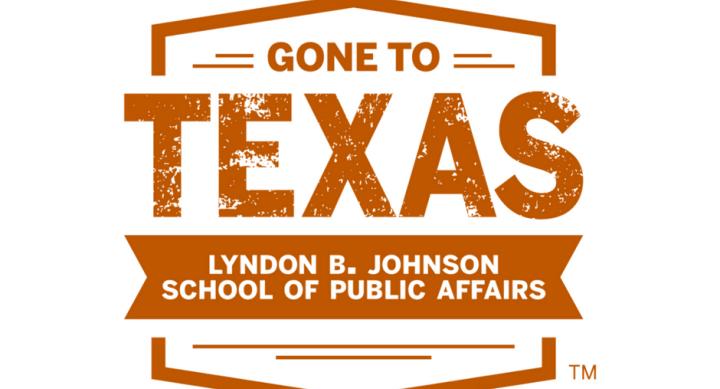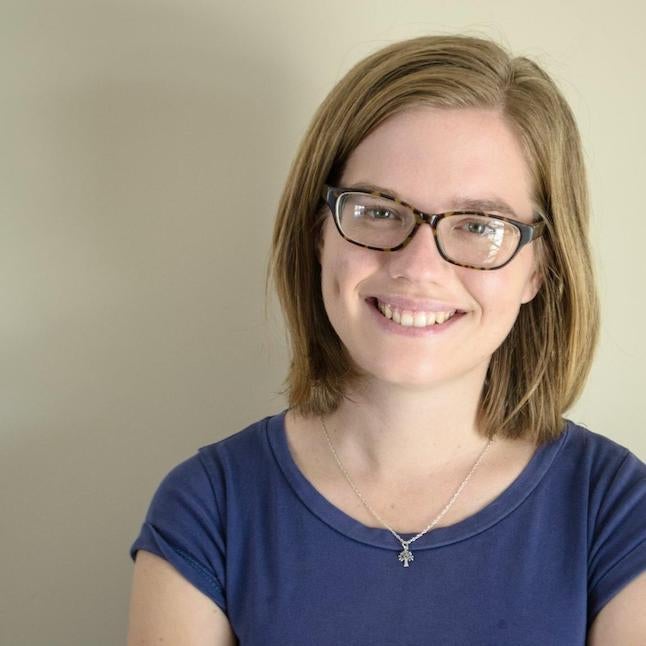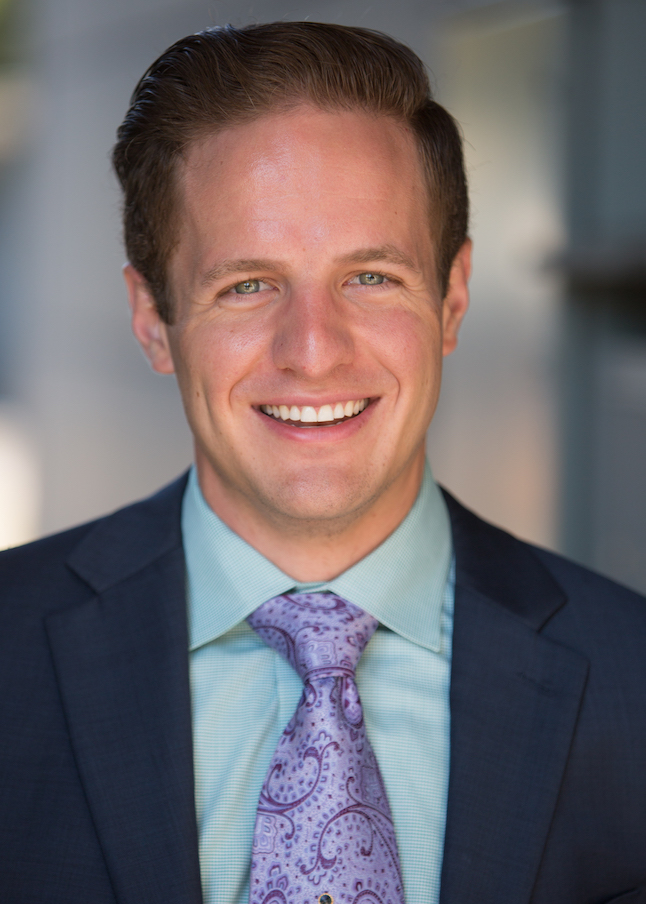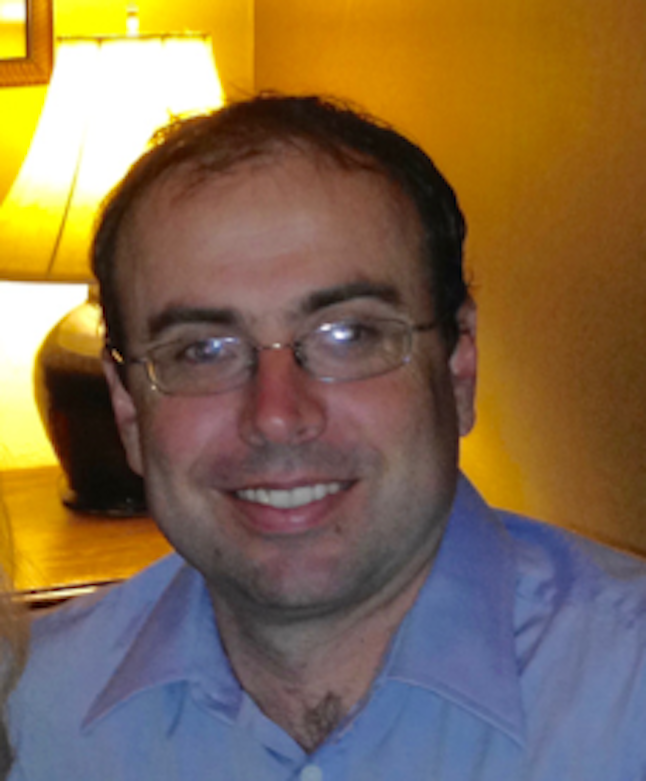
Your decision to invest in a public policy education could not be more important and more timely.
You are here because you are ready to take the next steps in your education and your professional career. Now is the time to explore the many opportunities afforded you as you seek your place in serving the public good.
Congratulations to the next generation of fearless public leaders. We're glad you are here.
Anushree Deb, Master of Global Policy Studies
Moving from: Bangalore, India
Education: B.A. in history from Delhi University and a master's in urban policy & governance from the Tata Institute of Social Sciences
Policy area: Urban infrastructure and access to basic services
For the past six years, I have worked on increasing access to affordable housing, conducted impact evaluations for water and sanitation interventions in peri-urban India and analyzed the implications of land use zones on the urban poor. I am interested in conducting research on sensitivity toward cultural contexts and social practices while formulating policies for the urban poor in developing economies. I want to work toward devising context-specific infrastructure projects that take into account cultural practices and beliefs while providing basic services and understand what happens when intended beneficiaries do not accept such "solutions."
Why public policy? Working in the policy advocacy space in India gave me the opportunity to make a difference in people's lives as I was able to mandate provision of basic infrastructure and services for them. This strengthened my resolve to work with state and central governments to get them to understand the relevance and importance of cultural contexts while formulating policies.
"It reinforced my belief that despite its limitations, public policy is the most pervasive instrument of governance, which, when structured and implemented correctly, can make a crucial difference." —Anushree Deb
Why LBJ? The LBJ School's curriculum allows me to customize my specializations and prepare myself to work in an international context.
Guillermo Dominguez, Master of Public Affairs
Hometown: I was born in Madrid, but grew up in Beijing, Bangkok and Johannesburg, and completed my undergraduate degree in Kalamazoo, Michigan.
Education: B.A. from Kalamazoo College with a double major in economics and philosophy
Policy area: Urban displacement, gentrification and the opioid crisis
For my senior thesis, I wrote an ethnography of Columbia Heights, a gentrified neighborhood in Washington, DC, and explored the housing policies that enable displacement, political disenfranchisement and gentrification.
Why public policy? Growing up in a variety of regions, I have witnessed firsthand how policies can either empower or segregate communities. I believe that public policy is of utmost importance if we strive to live in a world that champions equality. At the same time, I believe that the current climate needs rigorous policymakers and researchers in order to promote truly progressive policies that serve everyone.
Why LBJ? During the admitted student day, it became clear that the relationships between faculty and students were individualized and fostered intellectual growth. Additionally, the wide array of research centers combined with the affordability of this top 10 program located in such a dynamic city was impossible to pass.
"The wide array of research centers combined with the affordability of this top 10 program located in such a dynamic city was impossible to pass." —Guillermo Dominguez
Extracurricular: I'm also thrilled to be a trainee at the Population Research Center!
Marianne Richardson, Master of Public Affairs
Moving from: Indianapolis, Indiana
Education: B.A., international studies and Spanish, Butler University
Policy area: Policies expanding public services for immigrants, migrants and internally displaced people; immigration; multicultural societies.
Why public policy? My previous academic training and past experiences are rooted in a desire to uncover what justice means to the most vulnerable people in our interconnected world and make that justice part of the institutions that impact them.
"My previous academic training and past experiences are rooted in a desire to uncover what justice means to the most vulnerable people in our interconnected world and make that justice part of the institutions that impact them." — Marianne Richardson
Why LBJ? The LBJ School quickly distinguished itself from the other schools I was considering through the quantity and caliber of its faculty. So many faculty members prioritize research on vulnerable populations, state and federal government policy and evidence-based policy design. Furthermore, the opportunity to be part of a community invested in diversity and public service means that I can contribute to and benefit from a network of individuals who strengthen each other's work through contrasting perspectives. I am thrilled to be here!
Location: Austin is a cool city. I can't wait to explore and meet people!
Timothy Michalak, DC Fellow (MPAff)
Moving from: Fitchburg, Massachusetts where I was a middle- and high-school social studies teacher.
Education:B.A., history with a concentration in secondary education, Fitchburg State University
Policy area: Housing policy as it relates to the economic and educational outcomes of residents in poverty-concentrated urban areas
Why public policy? In the last few years, it has struck me how alienated people have become from different political parties, U.S. regions, incomes and education levels. I chose public policy now because I am committed to seeking out and understanding differences of thought and working to create solutions for Americans that greater majorities of people will support.
Why LBJ? I chose LBJ because of opportunity in the DC track for establishing a solid policy foundation with excellent faculty in Austin with the opportunity to apply that foundation in a DC policy apprenticeship.
Christopher Matos, Master of Global Policy Studies
Moving from: I live in Austin now, but I was born and raised in the windy city of Amarillo, Texas.
Education: International studies, politics and security, The University of North Texas
Policy area: I work in renewable energy and have firsthand experience with emerging issues in the energy world. I'd like to work on new energy security issues as we switch to more distributed and high-tech networks, particularly in the cybersecurity space.
Why public policy? In 2016, while considering the future of energy, Secretary Clinton said she saw not only a modern, renewable, American grid, but a grid that expanded across North America. While energy has always been a global security issue, electric energy has been traditionally thought of as closed, vertically integrated systems. As we diversify our energy options, as new electrical markets emerge, and as the financial nature of electrical markets change, we are opening these traditionally closed markets to the world. I want to be in the middle of it.
"LBJ was the only school on my list. I learned about the school from alumni when I interned in DC and knew it's where I wanted to go." —Christopher Matos
Why LBJ? LBJ was the only school on my list. I learned about the school from alumni when I interned in DC and knew it's where I wanted to go.
Salimah Jasani, DC Fellow (MPAff)
Moving from: Baltimore, Maryland
Education: Sociology and English, The University of Texas at Austin; Master of Science in education, Johns Hopkins University.
Policy area: Equitable K-12 education
Why public policy? I taught Special Education English at a high school in Baltimore for four years. I loved it, but I also recognized that much of what impacted my students' access to opportunities for success depended on decisions by policymakers, many of whom had never stepped foot in a public school classroom. I want to use my teaching experience to ensure that decisions affecting students are made with racial and socioeconomic equity in mind.
Why LBJ? I appreciate the LBJ School's integration of theory and practice, its commitment to building a coalition of change-makers and its presence in the DC federal policy world!
Brittany Horton, Master of Global Policy Studies
Moving from: San Antonio, Texas
Education: I received a Bachelor of Science in animal biology with a minor in psychology from Texas A&M University–Corpus Christi back in 2012. I also just earned a Master of Science in Environmental Science, with an emphasis in environmental law and policy, from The University of Texas at San Antonio this May.
Policy area: Wildlife and the environment
Why public policy As someone who has a vested interest in wildlife and environmental causes, I find it to be an incredibly dynamic time to be entering the realm of public policy since environmental laws and regulations are back in the popular debate. I'm interested in finding ways to operate within the partisan polarization of today's politics to find solutions that help not only endangered wildlife but the people who share their homes with these species.
"I find it to be an incredibly dynamic time to be entering the realm of public policy [...]" —Brittany Horton
Why LBJ? My policy area of interest is global in nature so the opportunity to not only learn from professors but my fellow students who have incredibly diverse perspectives and backgrounds with interests that span the globe was too good of an opportunity to let pass me by. I know the high caliber of students and professors at the LBJ School will make me not only a better student but a better professional in the policy field, and that’s a key component of why I decided to continue my graduate education with LBJ.
Drive time: Also as a side note, since I spend a great deal of time driving and listening to podcasts, I geeked out a bit over the fact that Dean Evans leads a policy podcast produced by the school. That's pretty fun too!
John Cornwell, Master of Public Affairs
Moving from: I am moving from Silverton, Oregon [...] I am originally from Sydney, Australia, but moved to the USA in 2006.
Education: B.A. in economics with a minor in politics from Willamette University in Salem, Oregon
Policy area: Energy policy
Specifically, policy aimed at advancing the adoption and integration of renewables and energy efficiency and furthering grid modernization. I am particularly interested in learning to develop policies that encourage innovation in the energy sector and take innovative knowledge and technology from research and development to market adoption.
Why public policy? With regard to energy policy, public policy is critical at this time. We have most of the technology and knowledge needed to change human energy generation and use to mitigate our impact on the climate. What is lacking is social and political will to make the investments in these technologies and knowledge. We need public leaders to engage in honest conversations and research into energy consumption and to develop sustainable policies as soon as possible.
Why LBJ? I first learned about the MPAff program while working with the LBJ School's Energy Systems Transformation (EST) research group. I worked closely with members of the EST research group on an evaluation of the California Solar Initiative Research and Development (CSI) program and was very impressed with the wealth of knowledge and expertise of these individuals.
To meet my goal of transitioning from my previous career to a career in policy research and development, I knew I needed to get a good foundation in public policy theory to improve my analysis skills and to gain more subject matter expertise in energy. After researching many schools, I believed that LBJ School gave me the best opportunity to gain this knowledge.
"In particular, the world-class faculty at the LBJ School, the unique and critical research being done by the EST group and the opportunity to access the wealth of resources that UT offers ultimately led me to choose th LBJ School." —John Cornwell




